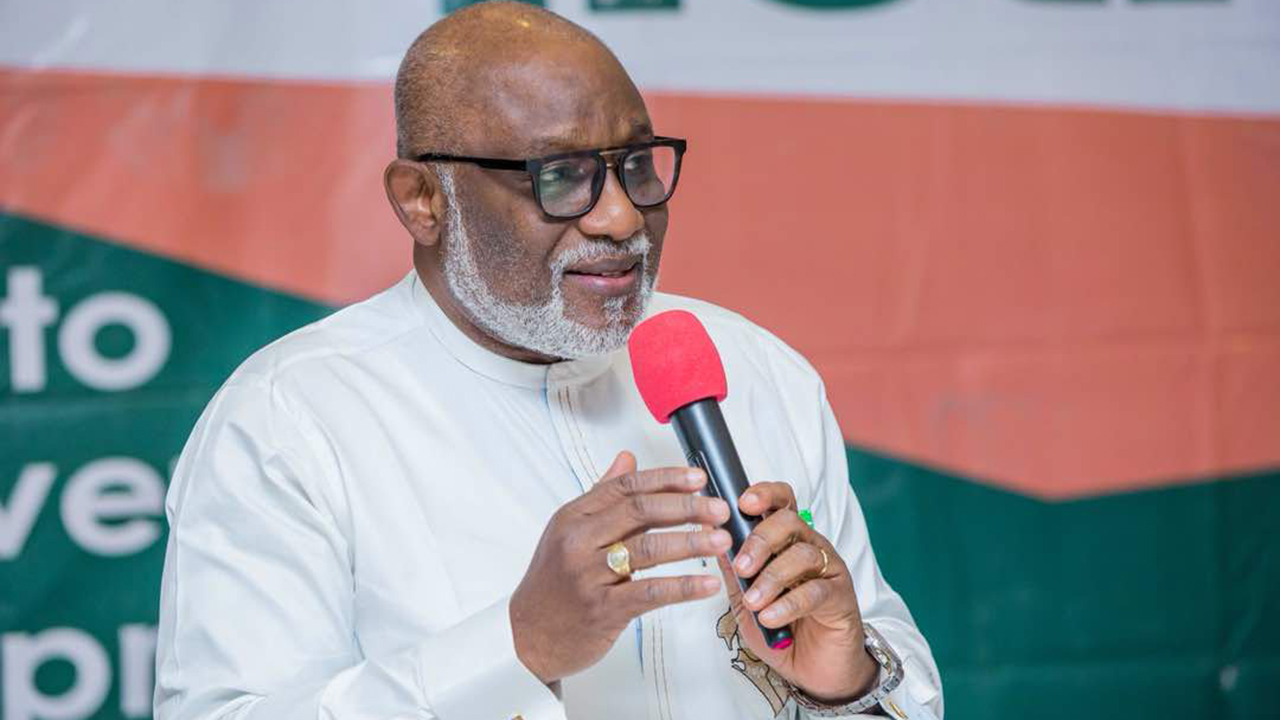ONDO, Nigeria — Religious tension is threatening to surge in Nigeria’s southwestern Ondo State as Governor Rotimi Akeredolu faces accusations of religious bias in political appointments, potentially igniting a conflict between the Christian and Muslim communities in the All Progressives Congress (APC)-led government.
The Muslim Students Society of Nigeria, Ondo State Area unit, recently expressed concern that Governor Akeredolu’s appointments were systematically marginalizing Muslims, a claim that could foment an uprising against his administration.
Olaleye Sulaimon, the Society’s president, highlighted this issue in an open letter to the governor on Saturday, May 20, 2023.
Despite acknowledging Akeredolu’s significant electoral victory, Sulaimon criticized the governor for challenging the APC’s zoning formula in National Assembly elections while his own appointments seemed to exclude Muslims.
“You did not mince words when you described the zoning formula as a ‘skewed arrangement that reinforces injustice and enhances inequality,'” Sulaimon wrote, “What do we say about your formula which has deliberately been skewed against the Muslims in the state?”
Sulaimon further argued that the apparent favoritism in appointments demonstrated a conscious effort to sideline the Muslim community, which comprises around 40% of Ondo State’s population.
He called for the governor to rectify this alleged injustice and to provide representation proportional to the Muslim community’s contributions to the APC’s electoral successes.
These grievances resonate beyond Ondo State. Abdulazeez Folayemi, former National President of the Muslim Students Society of Nigeria (MSSN), pointed out the apparent marginalization of Muslims across the South.
“We do not have any Muslim governor in the entire South except some controversial ones,” Folayemi noted, suggesting a lack of fair representation for Muslims in government.
However, others argue this situation reflects more on political machinations than religious bias.
Oba Olu Falae, former Secretary to the Government of the Federation, suggested this outcry is likely a form of ‘special pleading’ to secure political gain.
“In Yoruba land, it has always been the case that our culture has harmonized and internalised the various religions… It is those who want special pleading that are flying religious sentiments,” Falae asserted.
Despite these growing concerns, the Ondo State’s APC leadership maintains that Governor Akeredolu’s administration has been inclusive.
The state’s Publicity Secretary of APC, Alex Kalejaye, argued that the governor has prioritized the interests of the Muslim community in his actions and appointments.
“We have been receiving letters from Odigbo, Ikare, and others appreciating what the governor has done for the state and particularly for the Muslim community. If there is any governor who has identified with the Muslim community in the history of Ondo State, it is Akeredolu,” Kalejaye said.
Governor Akeredolu has echoed this sentiment, recently affirming that religious tolerance was firmly rooted in Ondo State and that all religious groups were treated equitably.
The implications of this brewing conflict remain to be seen, particularly in light of the imminent inauguration of President-elect Bola Ahmed.
Observers hope this brewing religious conflict, described by some as ‘a storm in a tea cup,’ will be resolved as the new government forms, preventing a damaging schism in the state.







